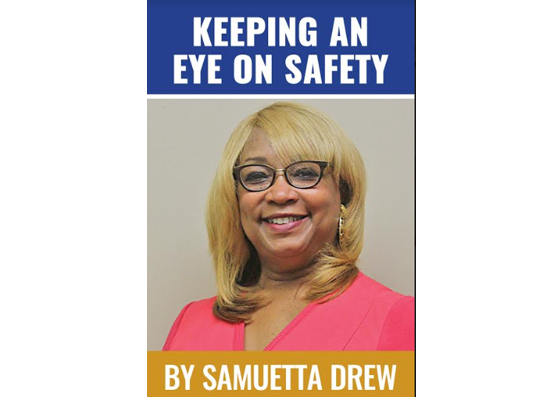By Samuetta Hill Drew
Currently in America the American Pet Products Association (APPA) reports that there are 90 million dog owners and 94 million cat owners. During the pandemic there has been a small number of pets worldwide, including cats and dogs, that have been reported to be infected with the virus that causes COVID-19. The Centers for Disease Control and Prevention (CDC) believe these cases were mostly after close contact with people with the COVID-19.
Note the CDC states the coronavirus are a large family of viruses. Some coronaviruses cause cold-like illnesses in people, while others cause illness in certain types of animals, such as cattle, camels, and bats. Some coronaviruses, such as canine and feline coronavirus, infect only animals and do not infect humans.
Based on the limited information available to date, the risk of animals spreading COVID-19 to people is considered low. The CDC is still learning about the virus that causes COVID-19, but it appears that it can spread from people to animals in some situations.
So, what are the proper safety protocols to use if your pet becomes infected from a human carrying COVID-19? The CDC believes until they can learn more about how this virus affects animals, they recommended treating your pets as you would other human family members to protect them from a possible infection.
Your infected pet should not be allowed to interact with people outside your household. It is best to keep cats indoors when possible and do not let them roam freely outside. You should walk your dogs on a leash at least six feet away from others. Avoid public places where many people gather. Do not put a mask or any other face covering on pets. Covering a pet’s face could harm the pet.
There is no evidence the virus can spread to people from the skin, fur, or hair of pets. Do not bathe your pet with chemical disinfectants, alcohol, hydrogen peroxide, or any other products not approved for animal use.
If you are sick with COVID-19 restrict contact with your pets, and other pets, just like you would with other humans. If possible, have another member of your household care for your pets while you are sick. Avoid contact with your pet including petting, snuggling, being kissed or licked, sharing food, and sleeping in the same bed. If you must care for your pet while sick or be around animals, wear a cloth face covering and wash your hands before and after you interact with them.
If you are sick with COVID-19 and your pet becomes sick, do not take your pet to the veterinary clinic yourself. Call your veterinarian and let them know your health condition. Some may offer telemedicine consultations or make other arrangements.
In the United States, there is no evidence that animals are playing a significant role in the spread of COVID-19. Based on the limited current information, the risk of animals spreading COVID-19 to people is low. However, because all animals can carry germs that can make people sick, it is always best to practice sound healthy habits by Keeping an Eye on Safety.





